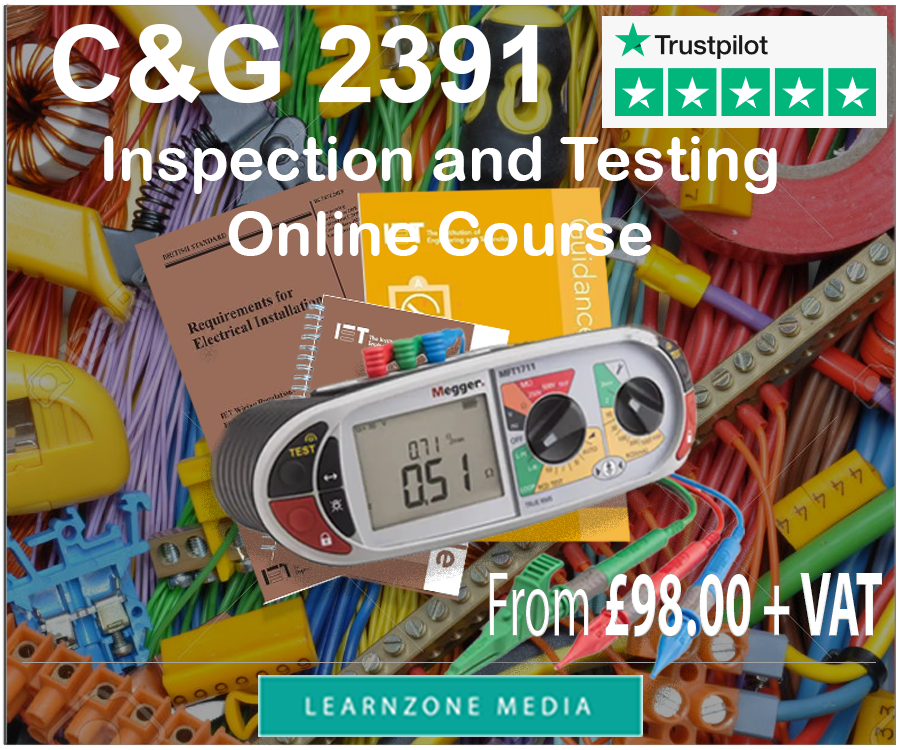Self-Employed Subcontractor Electrician
Starting up as a self-employed subcontractor electrician is relatively easy. There are a few things that you need to have or obtain.
These are:
- NI number
- Bank account to get paid in
- UTR number
- You must register for CIS if you are working in the construction industry
- You must have a ECS/CSCS card
Optional:
- When working for an employment agency, you will need to be registered with a payment company in order to get paid. Do not worry about this yet, because the agency will help you arrange it
- SC or DV Nuclear Clearance - This is needed if you plan to work in nuclear power stations
- CCNSG Safety Passport - Required for some jobs in the nuclear or Oil and Gas industry
- PTS (Personal Track Safety) Card - Required for Network Rail jobs
- LUCAS Card - Required for London Underground jobs
Optional qualifications:
- CompEx qualification - Required if you plan to work in highly explosive environments such as Oil and Gas, chemical plants, nuclear power stations, etc. Read our CompEx guide here.
UTR number
In order to receive a UTR (Unique Taxpayer Reference) number, you will need to get registered as self-employed with HMRC. You can do this online here, by telephone calling 0300 200 3504 or by post (form CWF1). Your UTR number will be sent to you by post within two weeks.
If you have a job opportunity for which you need to be self-employed but you have not received your UTR number yet, do not worry, you can start working immediately. The only difference is that up until the point you give your UTR number to the company you are subcontracting to (working for) you will be paying emergency tax which is 30%. Do not worry, you will be able to claim that money back with your yearly tax assessment.
Construction Industry Scheme
If you plan to work in the construction industry as a sub-contractor (which you probably are), than you must register with HMRC for CIS. CIS is a body that regulates payments from contractors to sub-contractors in the building industry. You can register for CIS by calling 0300 200 3210. You will need your UTR number and your NI number for the registration.
ECS/CSCS card
In order to work as an electrician on a construction site, you must hold an ECS/CSCS card which proves your identity, competence and qualified status. Employers, contractors who you sub-contract to and employment agencies will ask for your CSCS card. For electricians, the CSCS card required is the ECS card issued by the JIB. It is commonly known among electricians as a “JIB card” because it is issued by the JIB and has your qualifications and JIB grading highlighted on it.
The easiest way to apply for an ECS card is by downloading the application form from the ECS website. You will need to print this form, fill it in and send it to the following address:
ECS Administration, PO Box 127, Swanley BR8 9BH
You will have to provide additional documents such as proof of identity and qualifications.
Please note! In order to gain an ECS card you will have to pass a test on basic electrical knowledge relating to health and safety. Find out more about the ECS/CSCS card here and the ECS exam here.
The pros and cons of being self-employed
Becoming self-employed has several big advantages, but there are some disadvantages as well.
Advantages:
- As a self-employed electrician you can earn more money. Currently (2014) rates for self-employed electricians are 13-17 GBP p/h, more in London. These rates can shoot up when there is something big going on. Rates of 20-30 GBP p/h are sometimes achievable (usually for short periods of time).
- You can keep more of your earned money. As a self-employed electrician you will only pay Class 2 National Insurance which is currently 2.75 GBP a week. You can also deduct all your expenses such as vehicle costs, petrol, tools, clothes etc. from your yearly tax. You will have to submit a self-assessment tax return every year, and this can be completed by you or by an accountant of your choice on your behalf.
- Provided there is enough work to choose from, you can always go for the best paid ones and the ones that you might enjoy the most. The experience of working in different sectors, working teams, even regions of the country can be very stimulating, especially for younger people. Some of us hate working in domestic environment and prefer commercial or industrial work. As a self-employed you can choose which offers you accept or which building sites you go to work.
The highly paid jobs are usually in the commercial or industrial sector, oil and gas being the most lucrative (we’ll discuss that in more detail later). However, you do need to be fully qualified and highly experienced to have the best chances of getting the best paid work. Contacts in the industry can help enormously as well. If you build a name for yourself over the years as a capable and reliable “subby” (subcontractor) people will call you first and keep you on for longer.
Disadvantages:
- The key problem with being self-employed is evident when times are tough and jobs are hard to find: it can be really difficult to find work on a continuous basis. Sometimes the contract ends on Friday and it takes serious effort to find something for Monday. However, most self-employed electricians can afford to be out of work now and again. Sometimes they have a job that pays much more than the average,(usually due to overtime opportunities) and earn much more than normally, but other times they are out of work for a week or two. This can be very stressful if you have a family to support. You might like this arrangement or you might not.
Again, when you are out of work you do not earn any money, no holiday pay, sick pay or any other in-work benefit. You work - you earn, when you don`t work - you don’t` earn. Also some benefits such as Job Seekers Allowance are restricted to self-employed people, because of the low level of National Insurance that self-employed electricians pay.




 Next Page: Paperwork, finding work and tools needed
Next Page: Paperwork, finding work and tools needed 